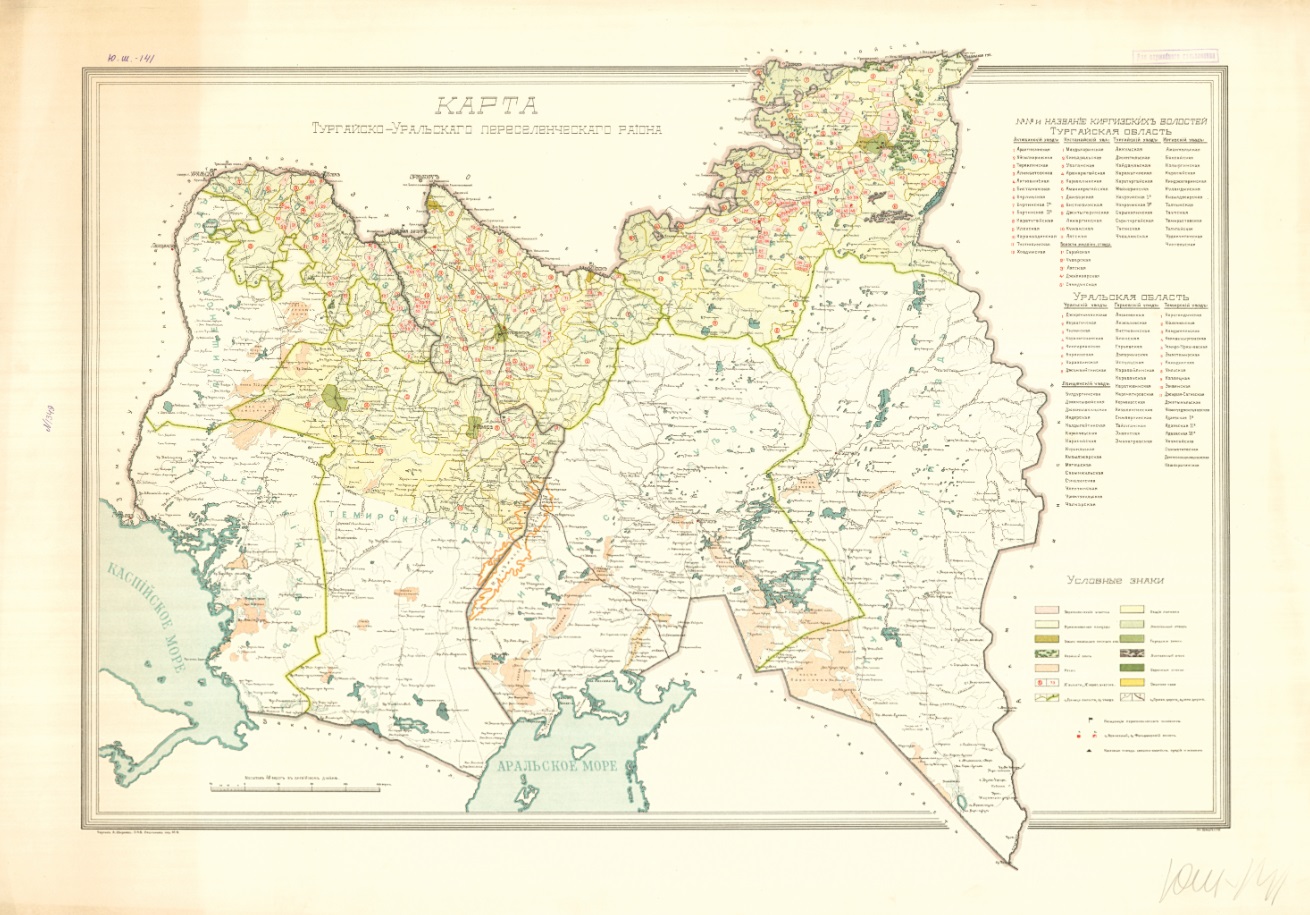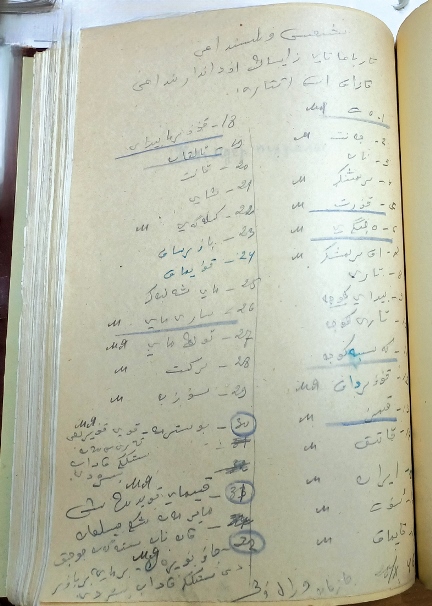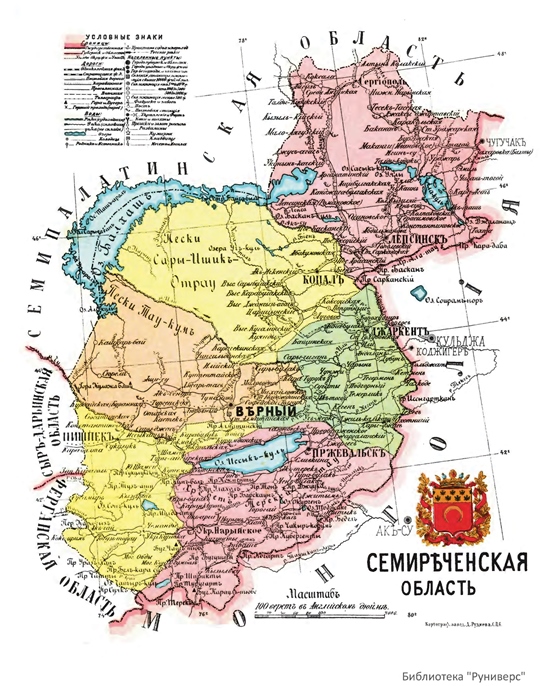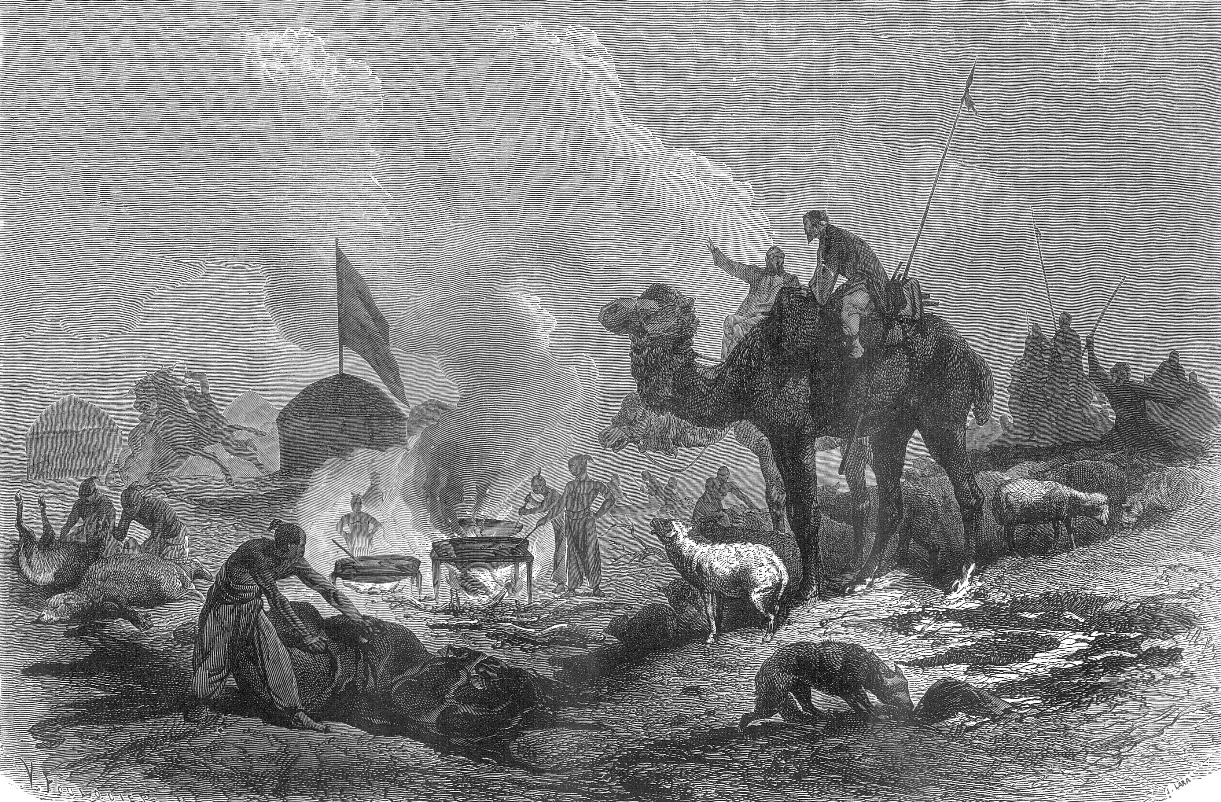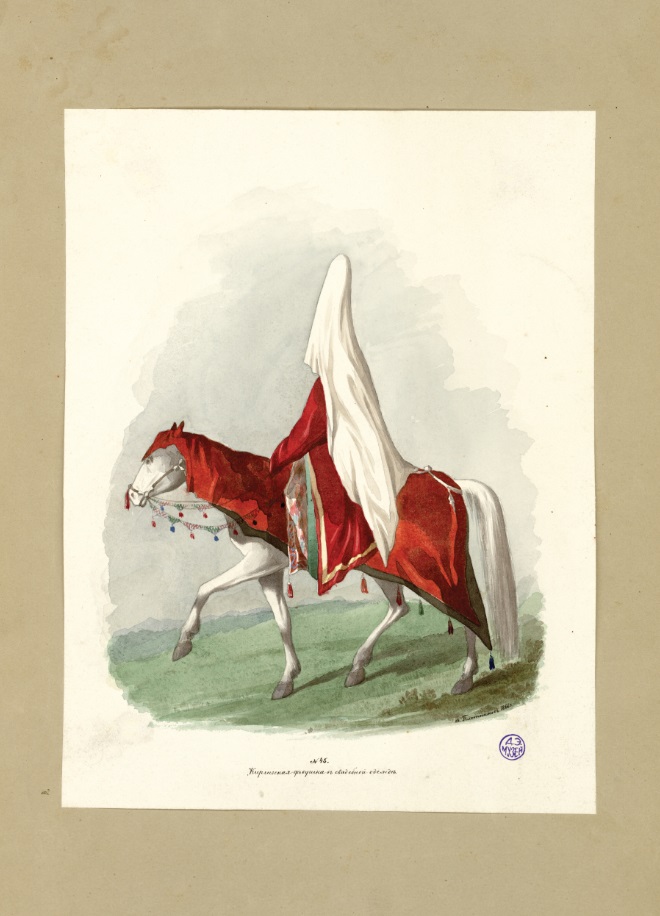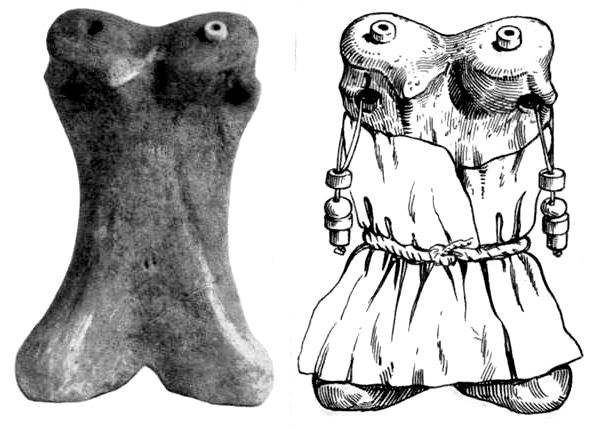About the Journal
«The Qazaq Historical Review» (QHR) is an illustrated academic journal dedicated to current problems of history, anthropology, archeology, ethnography, cartography and numismatology of Kazakhstan and Central Asia. The Journal is published by the Institute for Humanities Studies ABDI (Republic of Kazakhstan, Almaty) since 2023.
The Journal serves as a distinctive platform for facilitating communication among researchers from Kazakhstan, Central Asia, and other regions, with the aim of addressing current research challenges pertaining to the history and culture of the Kazakhs and the peoples who have inhabited and continue to inhabit the territory of modern Kazakhstan. The Journal publishes articles that showcase original historical and interdisciplinary research, as well as book reviews on the history of Kazakhstan and Central Asia.
"The Qazaq Historical Review" meets international requirements for scholarly publications and citation systems. The Journal includes such interactive elements as QR codes for viewing figures in good quality.
The Journal is published quarterly in English, Kazakh and Russian. All publications are peer reviewed and accompanied by a short abstract in Russian and English. Separately, an expanded description of publications in Kazakh is being prepared to popularize the cultural and historical heritage of Kazakhstan among the public.



